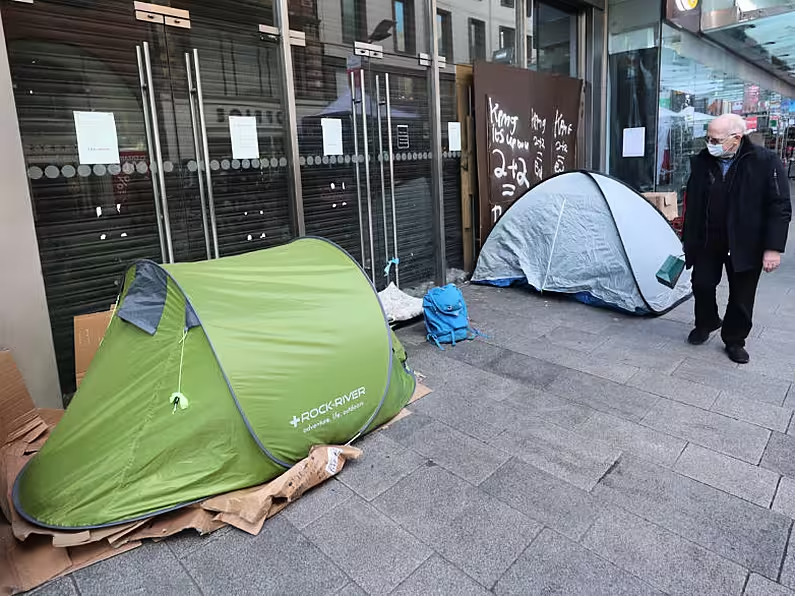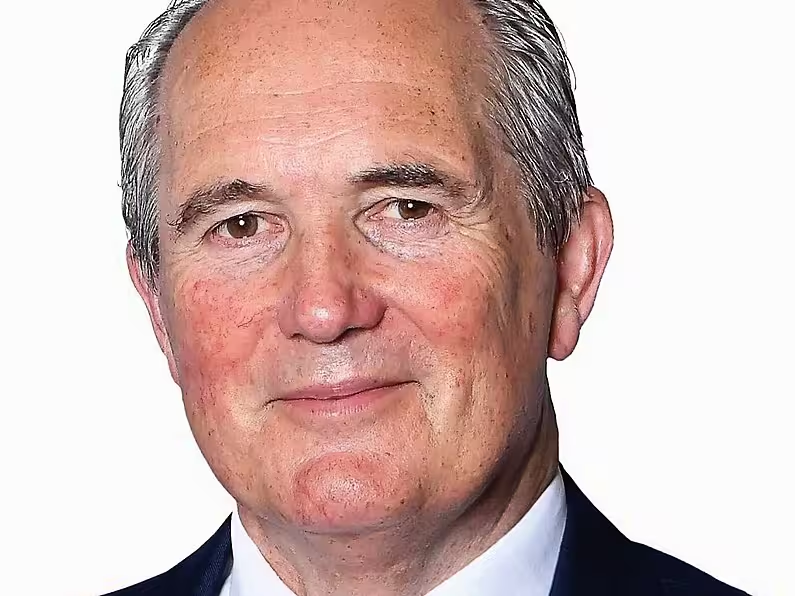Homeless people in Ireland aged in their 20s to 40s are as frail as 80-year-olds, according to a new study.
The study from Trinity College Dublin examined the physical effects of homelessness on 65 people, with a median age of 45.
It found that those staying in hostels or sleeping rough have accelerated physical ageing and geriatric syndromes.
83 per cent of participants had mobility problems common in people almost twice their age, less than four in 10 could walk for six minutes and only one in three could climb a flight of hospital stairs unassisted.
Even those in their 20s, 30s, 40s, were living with and coping with a number of chronic conditions
Dr Julie Broderick, an assistant physiotherapy professor who worked on the study, said its findings were dramatic.
“We had many of our participants in their 20s, 30s and 40s, but if we look collectively at the data, you know, the physical status of this group would compare to stably housed people in their 70s or 80s. So their physical decline was so much that we saw this pattern of accelerated ageing in this cohort,” she told Newstalk radio.
“Our participants, even those in their 20s, 30s, 40s, were living with and coping with a number of chronic conditions generally. Common ones were hepatitis, liver disease and seizures. Other issues like that would have contributed over time to their poor physical status.”
Reversible
Dr Broderick said the research laid bare the physical effects of homelessness.
“We tend to really think of addiction issues and mental health issues that can be also common in this cohort, but we haven’t really previously looked at the kind of the manifestation of the physical problems in this cohort,” she said.
“So it really highlighted that medical and rehabilitation services are needed to target these limitations, as some may be reversible with appropriate intervention.”
The researchers believe the mobility issues identified in the study can be reversed, but physical therapy and rehabilitation must be a priority.
They have recommended that a housing policy to respond to homeless people's physical needs is required.
Wayne Stanley, head of policy at the Simon Communities charity, said the research shows the importance of all having a home.
“All of those 65 people that were captured in that research, if they had have been supported to maintain a home or if there had of been affordability in our housing system, they may have been much better off,” he said.













